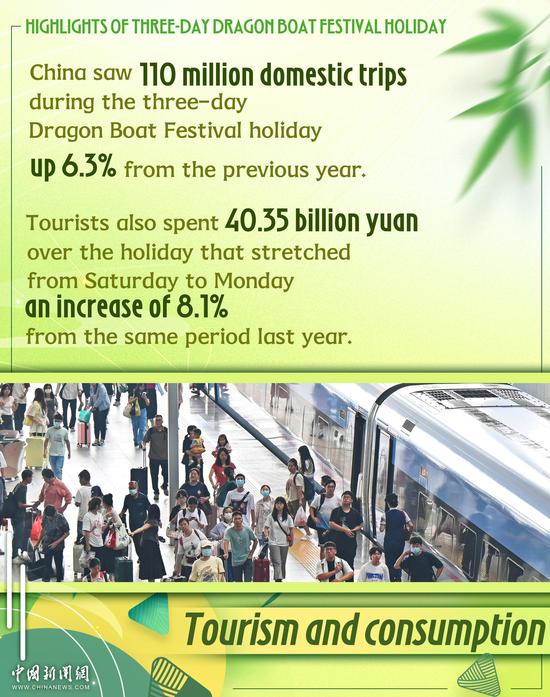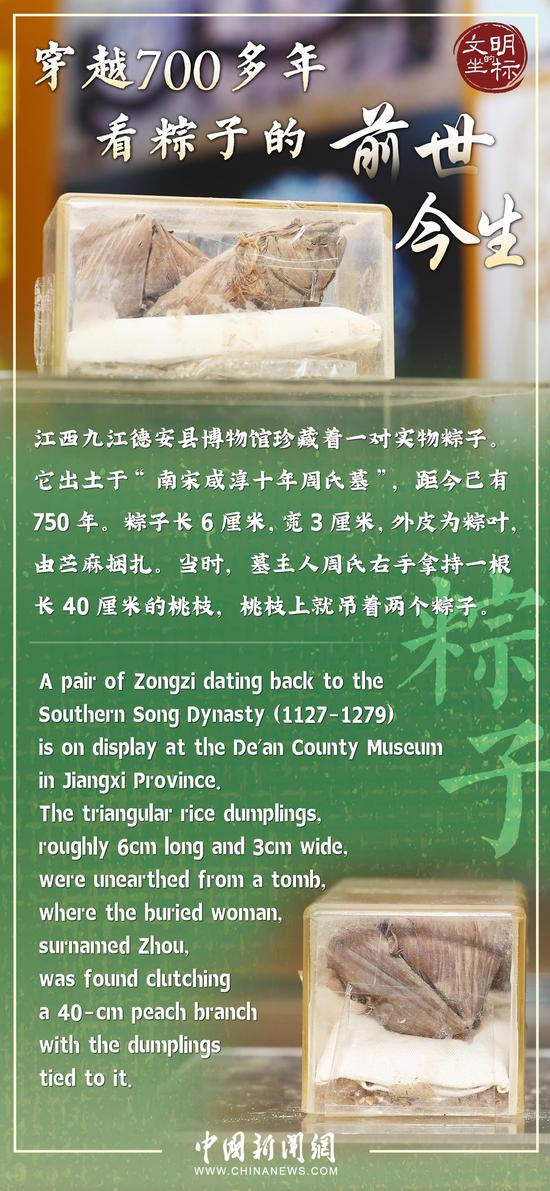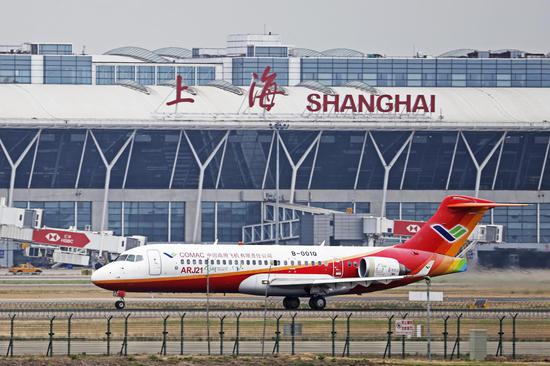Foreign investment in Chinese assets is on the rise, with strong interest in the bond market, demonstrating growing confidence in China's economy and its financial markets.
According to the State Administration of Foreign Exchange (SAFE), foreign investors bought a net $32 billion worth of domestic bonds in May, up 86 percent month-on-month to a record high.
In May, cross-border capital flows became more balanced, and the foreign exchange market operated steadily, Wang Chunying, a spokesperson of the SAFE, said.
The cross-border income and expenditure of non-bank sectors, including enterprises and individuals, were in balance, indicating a positive trend in cross-border capital flows. Market expectations were steady, foreign exchange trading was conducted in a rational and orderly manner, and the deficit in foreign exchange settlements and sales notably decreased, Wang said.
The solid foundation of China's foreign exchange market bodes well for its continued stable operation. As macroeconomic policies take effect and the economic recovery gains momentum, the fundamental strength of China's economy will provide strong support for the foreign exchange market and the yuan's exchange rate, Wang added.
The overall stability of China's foreign exchange market in May is a testament to the country's economic resilience and the effectiveness of its macroeconomic policies. This positive development comes as multiple international institutions, including the World Bank and the IMF, have revised their forecasts for China's economy upwards.
The World Bank upgraded China's 2024 growth forecast to 4.8 percent from 4.5 percent in January on June 11, citing better-than-expected economic activity in the beginning of the year.
The IMF in May announced an upward revision of its forecasts for China's GDP growth in 2024 and 2025, citing strong GDP data in the first quarter and policy measures, adding to a growing number of optimistic signs that the Chinese economy remains on a solid recovery track.
China's ongoing innovation and development efforts, its increasing international competitiveness and adaptability to external challenges, the widespread use of risk management tools, and the steady increase in the share of the cross-border use of the yuan have all contributed to the resilience of China's foreign exchange market and ensured its smooth operation, Wang said.


















































 京公网安备 11010202009201号
京公网安备 11010202009201号